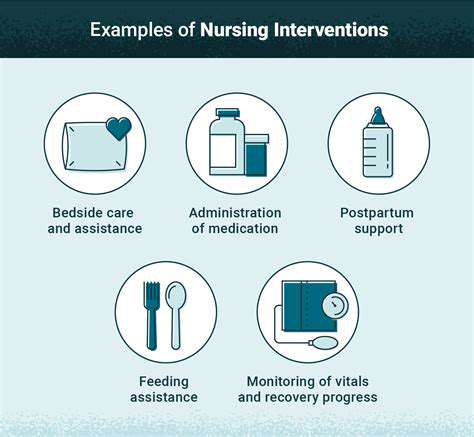Essential Health Tips for Women in Their 30s
Managing Stress and Prioritizing Mental Well-being
Understanding Stress Triggers
Stress is an unavoidable reality, yet recognizing what sparks your stress reaction is key to handling it well. Pinpointing exact scenarios, individuals, or ideas that regularly cause feelings of being overwhelmed forms the foundation for creating coping strategies. This self-knowledge lets you foresee possible stressors and actively apply methods to lessen their effect on your mental state. Noticing trends in how you react to stress—whether physically, emotionally, or behaviorally—offers critical understanding of your personal stress triggers, helping you customize your way of dealing with them.
For instance, a high-pressure job, relationship troubles, or money worries can all lead to stress. But how stress shows up varies widely between people. Some get headaches and tense muscles, while others face sleep problems or increased anxiety. Grasping the details of your own stress responses gives you the power to tackle root causes and use focused solutions.
Making Self-Care a Priority
Adding self-care habits to your everyday life is vital for keeping your mind healthy. These habits can be as basic as soaking in a warm bath or enjoying peaceful music, or more organized like doing regular workouts or trying mindfulness methods. Making sleep, eating well, and social ties priorities are also key parts of a full self-care plan that backs both body and mind health.
Sticking with self-care does more than lower stress—it builds toughness. When you put your well-being first, you're more ready to face difficulties and manage stressful times with increased calm and control. This forward-thinking self-care method strengthens mental strength and supports general emotional stability, forming a positive cycle that maintains wellness over time.
Building Healthy Ways to Cope
Creating healthy coping methods is essential for handling stress well and supporting mental health. These methods might include deep breathing, progressive muscle relaxation, or meditation. Finding and using these strategies helps you face stressful events with more calm and command, cutting the chance of feeling overpowered. Learning to share feelings in healthy ways—through writing, talking with a close friend or relative, or getting professional help—is equally important for developing good coping skills.
Doing activities you love, like being outdoors, enjoying hobbies, or spending time with people you care about, can also serve as strong coping tools. These pursuits give meaning and satisfaction, promoting emotional balance and lessening stress's effects. By actively using healthy coping methods, you create protection against stress's harm and develop a tougher, more even approach to living.
Getting Help When Necessary
Knowing when you need extra support is a critical part of valuing mental health. There's no weakness in getting professional assistance for stress or mental health issues. Speaking with a therapist or counselor can offer useful tools and plans for dealing with stress, worry, or other mental health struggles. They provide direction, support, and a secure place to examine feelings and create coping methods made for your particular needs.
Joining support groups or online communities can also be very helpful. Sharing stories and connecting with others in similar situations can create belonging and offer important perspectives and motivation. Remember, reaching out for help shows strength, not fragility, and it's a necessary move in caring for your mental health and reaching your best possible wellness.
Staying Active: Exercise for Physical and Mental Benefits
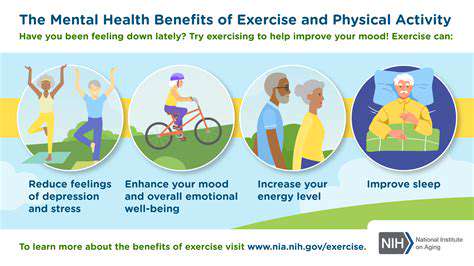
The Vital Role of Physical Activity
Moving your body is fundamental for keeping overall health and wellness. Regular workouts help heart health, make muscles and bones stronger, and support a healthy weight. Being physically active regularly can dramatically lower chances of lasting illnesses like heart disease, stroke, type 2 diabetes, and some cancers. It also greatly affects mental health, reducing stress and anxiety while lifting spirits.
Varied Exercises for Complete Fitness
A balanced workout plan should include different exercise types to work all fitness areas. Cardio exercises—running, swimming, biking—excel at boosting heart health. Strength exercises—weight training or bodyweight moves—build and keep muscle. Flexibility work—yoga and stretching—improves movement range and stops injuries.
Why Cardio Matters
Heart-pumping activities like jogging, swimming, or fast walking are musts for heart health. They strengthen heart muscle, reduce blood pressure, and enhance blood circulation. Regular cardio can also help manage weight and decrease chronic disease risks. Gradually upping intensity and duration prevents injuries and maximizes gains.
Strength Work: Creating a Solid Base
Muscle-building exercises—weightlifting and bodyweight routines—are basics for developing and keeping muscle. Strong muscles matter for daily tasks, from carrying bags to climbing steps. More muscle also speeds up metabolism, aiding weight control. Strength training can better bone density too, lowering osteoporosis risk later.
Staying Limber: Avoiding Injuries
Flexibility and mobility exercises—yoga and stretching—often get ignored but are crucial for injury prevention and maintaining movement ability. They improve muscle and joint flexibility, allowing freer motion and reducing strain risks. Adding these to your routine can also better posture and lessen back pain chances.
Mixing It Up: Combined Workouts
The best fitness programs blend various activities for complete health benefits. This method lets you target multiple health and fitness areas, leading to major improvements in body and mind wellness. Listen to your body and adjust as needed, focusing on safety and regularity.
Building a Lasting Exercise Habit
Creating a workout routine that sticks means setting practical goals, choosing activities you like, and making exercise a steady life part. Consistency brings long-term results. Begin slowly and progressively increase workout intensity and length. Even short activity bursts help. Finding a workout partner or joining a class can keep you driven and responsible.
Addressing Hormonal Changes and Reproductive Health
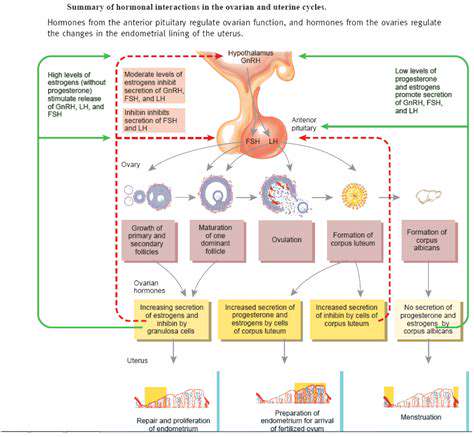
The Intricacies of Hormonal Shifts
Hormonal fluctuations represent a complicated biological process, affecting physical health, wellness, mood, and emotional control. These changes don't involve just one hormone but a complex dance between multiple hormones, each with distinct purposes. Understanding these detailed connections is vital for tackling problems tied to hormonal imbalances. Outside factors like stress, diet, and lifestyle choices can majorly impact the body's delicate hormonal balance, making a whole-person approach essential when handling hormonal issues.
Hormonal changes can appear in many ways, influencing both body and mind. These shifts frequently cause clear signs like mood changes, tiredness, and sleep issues. Spotting specific symptoms linked to hormonal changes is a crucial first move toward getting proper medical guidance and creating tailored solutions.
Handling Hormonal Imbalances
Taking a complete approach that combines lifestyle adjustments is central to managing hormonal imbalances successfully. Eating a nutrient-packed diet along with regular exercise can greatly affect hormone control. Enough sleep also plays a key role in keeping hormones balanced, since lack of sleep can throw off natural hormone production. Stress reduction methods like meditation or yoga can also help maintain healthier hormone levels.
Beyond lifestyle tweaks, getting medical advice is equally important. Doctors can perform detailed evaluations, including blood tests, to spot any hidden hormonal issues. Early discovery and professional help can greatly improve results and stop possible problems from lasting hormonal irregularities.
Medical Help and Support Systems
For serious or ongoing hormonal imbalances, medical treatments might be needed. These could involve hormone replacement therapy or treating medical conditions causing the hormone disruption. Detailed talks with healthcare providers are necessary to decide the best treatment path. Remember that everyone's situation differs, and personalized treatment plans are key for the best outcomes.
Support networks are invaluable for managing hormonal change challenges. Linking up with others in similar situations through support groups or online communities can provide useful perspectives, encouragement, and connection. This support web can be incredibly helpful while working through and adjusting to hormonal fluctuations.
Read more about Essential Health Tips for Women in Their 30s
Hot Recommendations
-
*Guide to Managing Gout Through Diet
-
*Best Habits for Financial Well being
-
*How to Build a Routine for Better Mental Health
-
*How to Eat Healthy on a Budget [Tips & Meal Ideas]
-
*Guide to Practicing Self Acceptance
-
*How to Incorporate More Movement Into Your Day
-
*Guide to Managing Chronic Pain Naturally
-
*Guide to Building a Reading Habit for Well being
-
*Top 5 Weight Loss Supplements That Actually Work
-
*Best Exercises for Postpartum Recovery [Beyond Abdominal Work]


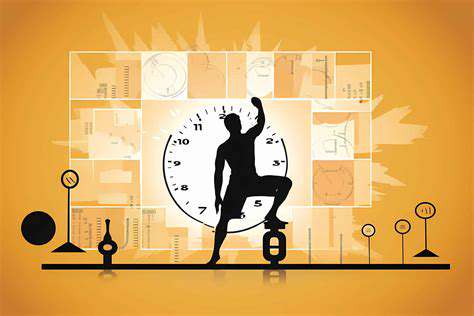




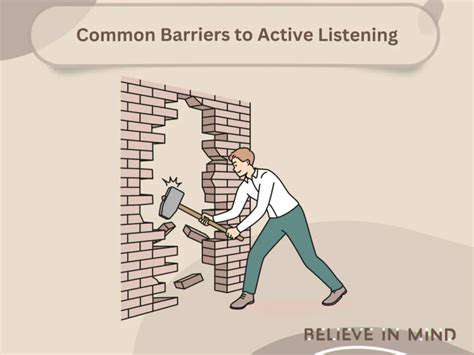

![Guide to Training for a Triathlon [Beginner Plan]](/static/images/26/2025-05/Running3ALayingtheGroundwork.jpg)

